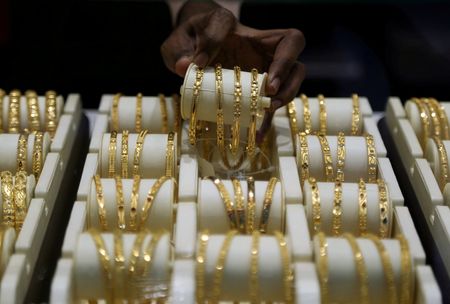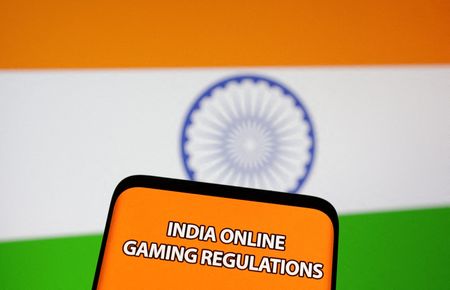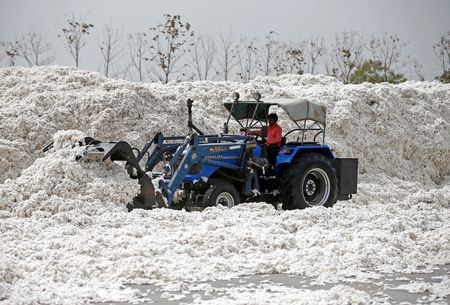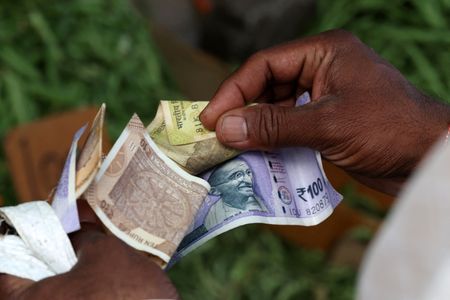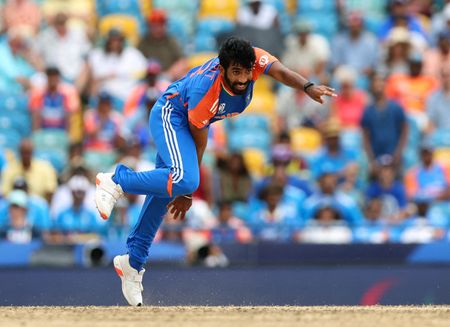By Andrea Shalal
WASHINGTON (Reuters) -U.S. Treasury Secretary Scott Bessent on Tuesday accused India of profiteering from its sharply increased purchases of Russian oil during the war in Ukraine, saying Washington viewed the situation as unacceptable.
Bessent told CNBC in an interview that Russian oil now accounted for 42% of India’s total oil purchases, up from under 1% before the war, and contrasted that with longtime buyer China, whose Russian oil purchases had increased to 16% from 13%.
“India is just profiteering. They are reselling,” Bessent said. “What I would call Indian arbitrage – buying cheap Russian oil, reselling it as product has just sprung up during the war – which is unacceptable,” he said.
U.S. President Donald Trump this month announced an additional 25% tariff on Indian goods as a punishment for New Delhi’s purchases of Russian oil, bringing the total additional tariffs announced since he took office to 50%.
Trump has credited the Indian tariffs as piling pressure on Russian President Vladimir Putin to agree to work toward ending the war in Ukraine, but has stopped short of imposing similar tariffs on China over its purchases of Russian oil.
Bessent, asked about the Trump administration’s failure to move ahead with similar tariffs on China, said the situation was “completely different” given that Beijing was a longtime buyer and had not engaged in the kind of “arbitrage” done by India.
U.S.-India relations have been strained by Trump’s tariffs after months of forecasts by the U.S. president and other officials that they were close to reaching an agreement with Prime Minister Narendra Modi’s government on a trade deal that would have lowered the tariff rate.
India on Tuesday temporarily suspended an 11% import duty on cotton until September 30, a move seen as a signal to Washington that New Delhi is willing to address U.S. concerns on agricultural tariffs.
It came after the abrupt cancellation of a planned visit by U.S. trade negotiators to New Delhi from August 25-29.
(Reporting by Andrea Shalal; Editing by Bernadette Baum and Paul Simao)



